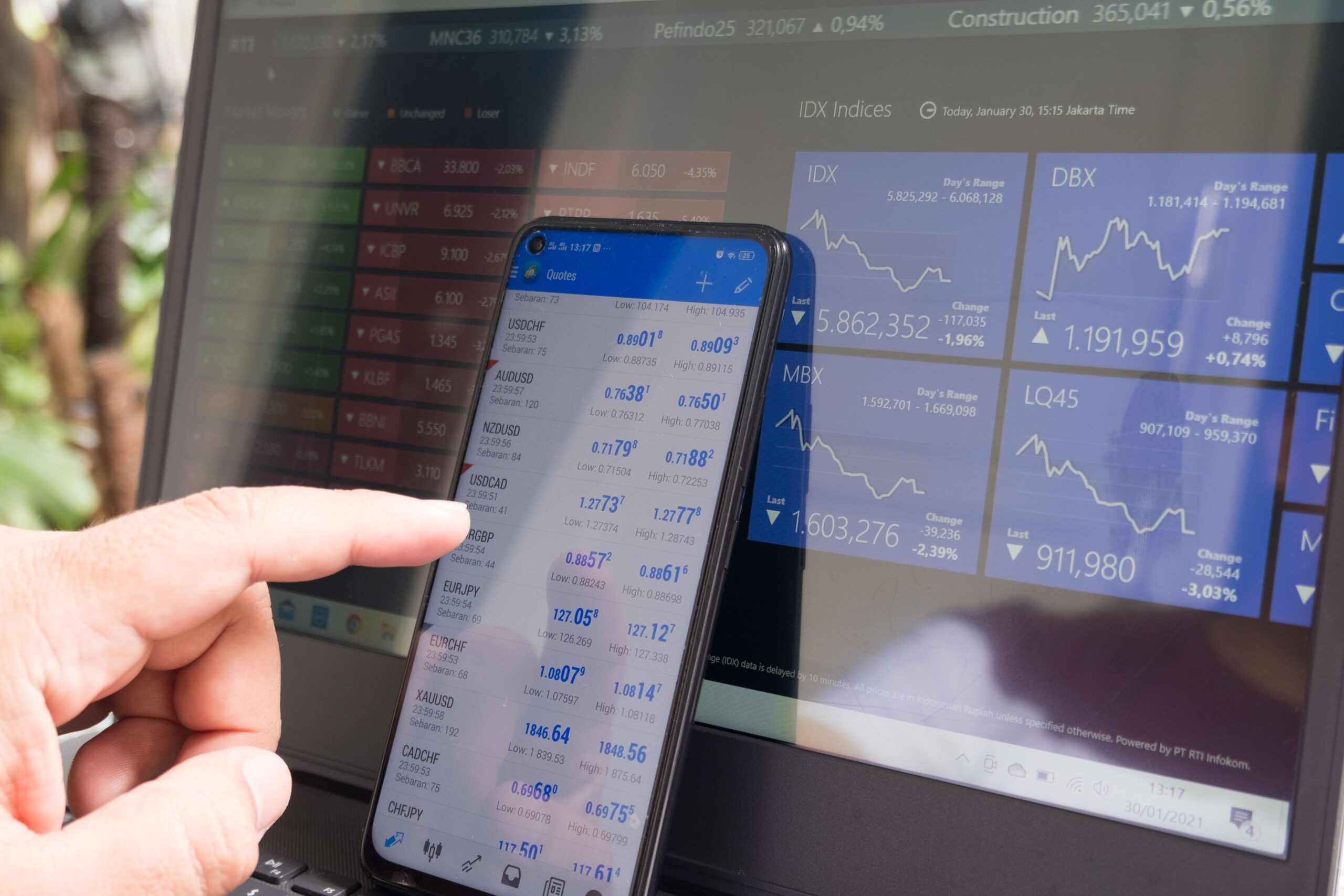As the largest financial market in the world, with a volume of trillions of dollars being traded every day, the forex market attracts a large number of players looking to make a profit and increase their wealth, from novice traders at the beginning of their journey in the financial world to versed investors with years of experience under their belt. The ease of access, low capital requirements, high leverage, and liquidity have made forex trading a suitable option for beginners. This has got many people thinking that anyone can trade currencies in the forex marketplace.
And indeed, anyone can enter the forex market with ease, but they can exist just as quickly, after suffering major loss or experiencing mediocre results. A closer look at the market will tell you that out of all the players trying their luck at forex trading, only a handful enjoy long-term success. Different publications state that the percentage of those who quit forex trading after losing money reaches up to 90%. That’s because forex trading also comes with plenty of hazards that are less talked about.
Therefore, it’s not enough to learn the basics and practice different trading methods and strategies. You also have to be aware of the pitfalls that can put an end to your trading journey and know how to effectively avoid them. So, here are some of the most common mistakes to steer clear of if you want to increase your chances of success as a forex trader.
Looking for a secret recipe
A lot of newbie traders think that if they look hard enough and analyze the market in the smallest detail, they’ll eventually come across that perfect combination of factors that would allow them to make successful trades and earn quick money. In doing so, they run the risk of overlooking important aspects that can have a major impact on their transactions.
Ask any seasoned trader out there and they’ll tell you there’s no such thing as a secret sauce in forex trading. There are so many variables and factors influencing the forex market at any given moment that it’s virtually impossible to put together a formula that can be successfully applied in all circumstances. Instead of searching for something you’ll never find, you should focus your attention on getting educated and staying up to date with the latest trends, so you can adapt to the changes in the market and make informed trading decisions.
Trading without a plan
At the other end of the spectrum, there are those who believe it’s best to trade without following a specific strategy or plan. That’s either because they’re in for the thrill, which they’ll soon discover that lacks completely in forex trading, or because they base their trading style on the trial-and-error method. Either way, trading without a plan can result in disastrous consequences.
It’s true that flexibility and adaptability are important qualities when getting into forex trading, but that doesn’t exclude the need to create a trading plan. A well-devised plan should contain important aspects such as your motivation for trading, your available capital, your trading goals, the expected return on investment, or personal risk management rules.
Misuse of leverage
One of the features that make forex trading such an appealing activity for traders and investors is the high leverage available in the market. Leverage refers to the possibility to borrow capital in order to increase the trade size, which could translate to bigger profits. However, high leverage can be a double-edged sword. It can help you make potentially large profits, but it can also amplify losses considerably, so you have to be cautious about the way you use it.
Generally, brokers give out leverage in fixed amounts, depending on their specific regulations. The most common fixed amounts are 1:50, 1:100, 1:200, and 1:400, but there are plenty of forex brokers offering 1:500 leverage and higher. The point is, you must have a solid grasp of how leverage works and the risks it involves if you want to avoid losing all your money in one swift move.
Poor money management
Knowing how to manage your money properly and control risks is just as important as choosing a trading style and developing a strategy. Unfortunately, some traders get so caught up in trying to increase their profits that they completely forget they should also focus on protecting their capital and managing their investments wisely.
When trading forex, you cannot eliminate risks altogether, but you have to work toward minimizing them. Money and risk management are absolutely crucial in forex, allowing you to increase your gains while also keeping risk as low as possible. As your trading account gets bigger, learning how to protect your capital becomes more important. Employing different trading strategies and methods can shield you from irreparable losses.
Having unrealistic expectations
If you’re hoping to get rich overnight by becoming a forex trader, it’s time for a reality check. While forex trading can help you make a profit and increase your wealth if you play your cards right (and that’s a big if), there’s no way you can multiply your fortune by simply making a few trades. If it were that easy, every forex trader would be a multimillionaire by now. Going after high returns in a short period of time can also prompt you to make poor trading decisions without taking risks into account.
In reality, it takes a lot of time and effort to gain the necessary experience and knowledge that can help you make profitable trades, so you have to get ready for a long-term commitment. And even after you become a proficient trader, there’s still no guarantee that you’ll be successful. It’s best to set realistic expectations for your trading journey to avoid making rash moves or suffering major disappointments when things don’t work out the way you’d hoped.

